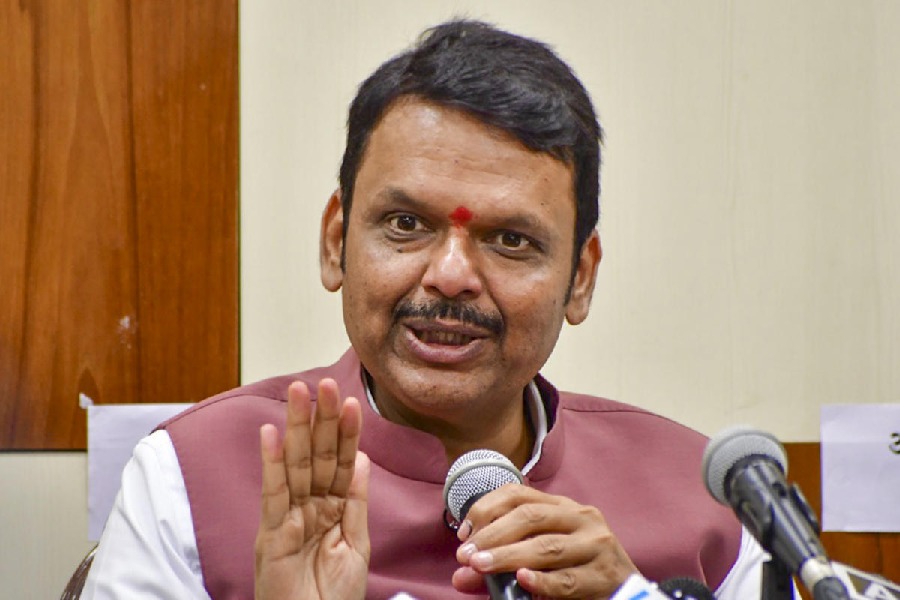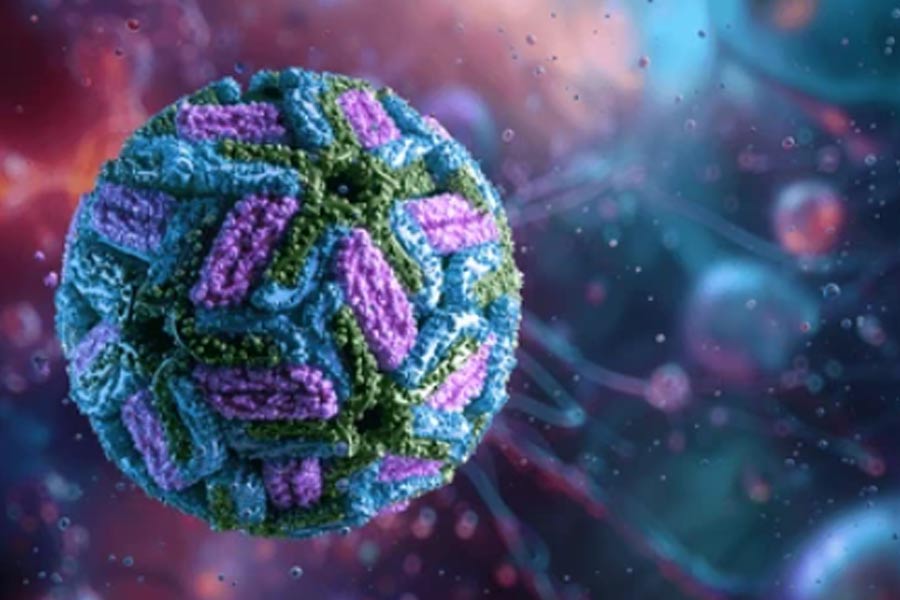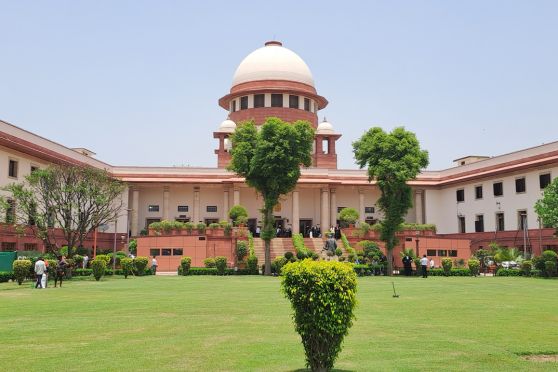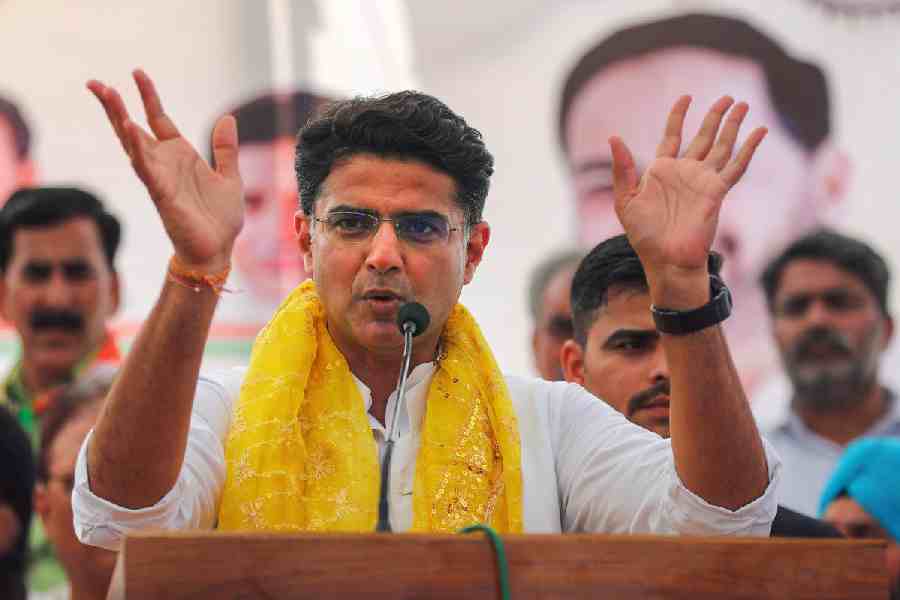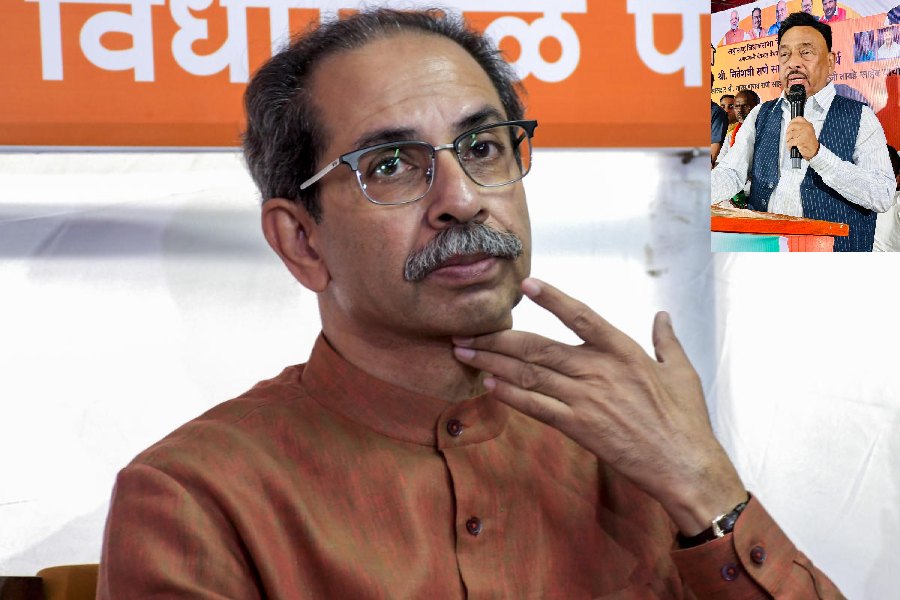Congress leader Rahul Gandhi on Thursday sought clarity on the Narendra Modi government’s coronavirus disease vaccination policy amid concerns among health researchers that the Centre is deviating from universal immunisation and could leave millions unvaccinated.
Rahul used Twitter to flag what some health experts view as contradictory signals from the Centre — an assurance from Modi in June that the country’s Covid-19 vaccination campaign would be universal and “no person should be left behind”, but suggestions by health officials that the government would not vaccinate everybody.
“PM — everyone will get vaccine. BJP in Bihar elections — Everyone in Bihar will get free vaccine. Now, GOI (Government of India) — never said everyone will get vaccine,” Rahul tweeted. “Exactly what does the PM stand by?”
The BJP, while releasing the Bihar Assembly poll manifesto in October, had pledged free Covid-19 vaccines to everyone in the state, prompting the Opposition to accuse the party of playing politics through the pandemic.
Amid clinical trial results from outside India promising high-efficacy vaccines, Rahul had on November 23 also asked Modi to clarify the country’s vaccination policy. “The PM must tell the nation: Of all the Covid vaccine candidates, which will GOI choose & why? Who will get the vaccine first & what will be the distribution strategy? Will PMCares fund be used to ensure free vaccination? By when will all Indians be vaccinated?” Rahul had tweeted.
He isn’t alone seeking answers.
Health researchers say they are puzzled by what appears to be the Centre’s efforts to backtrack from an earlier commitment to universal immunisation and instead discuss proposals that will select only certain groups of people and leave others unvaccinated.
In a review meeting on June 30, Modi had asserted that the Covid-19 vaccination policy while starting with priority groups such as healthcare and frontline workers and other vulnerable groups should also be universal and not leave any person out.
But since early October, top health officials have signalled that the government has no intention to vaccinate everybody.
Members of the Centre’s expert panel on Covid-19 vaccines had told this newspaper in October that people already infected with Covid-19 and thus carrying antibodies could be left out of vaccination campaigns.
Earlier this week, Balram Bhargava, the director-general of the Indian Council of Medical Research, the apex health research agency, suggested that the goal of vaccination is only to break the chain of transmission.
“Our purpose is to break the chain of transmission. If we’re able to vaccinate a critical mass of people and break that chain, we may not have to vaccinate the entire population,” Bhargava said. “The role of masks is important. Masks will be protective and should continue to be used so as to break the chain of transmission.”
Union health secretary Rajesh Bhushan also said on Tuesday: “I want to make this clear: the government has never spoken about vaccinating the entire country.”
Health experts have cautioned that vaccinating a critical mass of the population — even several hundreds of millions of people — would leave the unvaccinated vulnerable to the infection, severe disease and death.
“No one is safe until everyone is safe,” said Oommen John, a physician and senior research fellow at The George Institute for Global Health, New Delhi. “Selectively offering vaccines to certain sections of the population is not going to break the chain of transmission.”
“While those at high risk of getting infected such as healthcare and frontline workers have to be prioritised to match the vaccine availability, there needs to be a comprehensive plan in place to sequentially protect everyone,” he said.
Experts expect the AstraZeneca-Oxford vaccine manufactured by the Pune-based Serum Institute of India to be the first Covid-19 vaccine to roll out for public use in the country. The Serum Institute has indicated that it would apply for emergency use authorisation of the vaccine and health experts believe, if drug regulators are convinced with the clinical trial data and expedite approval, immunisation could begin in January.






